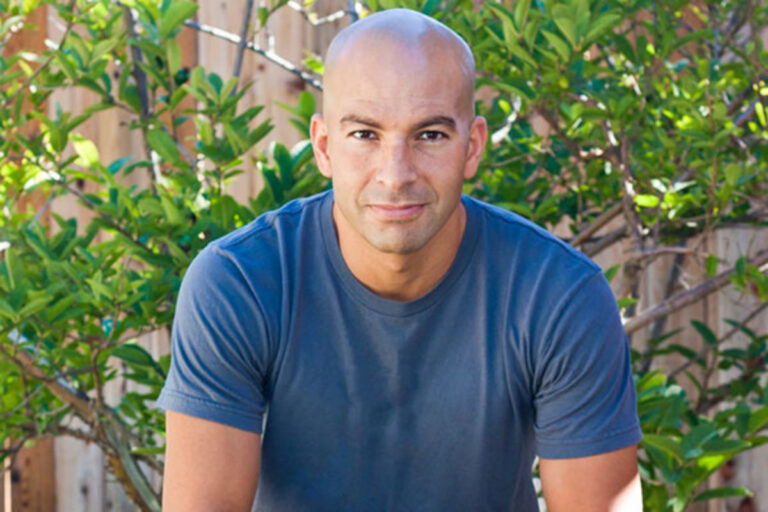Meet Dr. Howard Tucker who has been practicing medicine since 1947 and was born in 1923.
He does enjoy his work, without a doubt and one of his saying is “retirement is the enemy of longevity”. I like the perspective of centenarians and I think we can all learn from their insights. When this practicing neurologist’s gets asked how to live along and happy life, he states that while good genes can help it’s what you do and the choices you make. Clearly, some of his choices such as not riding a motorbike, may not be for you. These are the things that he believes make the difference and will help to live along life.
Don’t spend your days retired
He’s been working for 75 years (arguable most of us wish to retire). He has been named as the world’s oldest practicing doctor by the Guinness World Records. Sara, his wife of 65 years, also still practices psychoanalysis and psychiatry at age 89.
When he’s not working, he enjoys spending time with his four children and 10 grandchildren, such as watching Cleveland sports.
He thinks that if you’re blessed to have a career you enjoy and are still able to work, consider delaying retirement. It’s often the case that many people who retire and become inactive in their day-to-day routine are at an increased risk of cognitive decline.
Don’t get out of shape
Dr. Tucker likes swimming, jogging, hiking and skiing, and has done so well into his late-80s which has kept me strong and healthy. In his 80s he started using weights to maintain his muscle mass. Nowadays, while he no longer goes skiing, he tries to get in at least three miles on his treadmill at a brisk pace most days of the week, aided by some watching some classic movies.
Research indicates that something as simple as a fifteen-minute walk outside could lower your risk of premature death by almost 25% as it will keep your blood pressure lower.
Don’t smoke
When Dr. Tucker was in high school in the 1930s, he told his father that he wanted to take up smoking. He said, “That’s alright with me. But why would anyone want to put anything but fresh air into his lungs when life is so short as it is?” This clearly had the desired effect and was wise comment, without a doubt as he never smoked.
Back in the day, he recalls with amusement attending medical meetings where doctors would, with a cigarette dangling from their mouths, tell their patients to take up smoking as this could curb their appetite and quiet their nerves; great advice right?
Today, there is sufficient documented evidence that cigarette smoking leads to cancer, stroke, peripheral artery disease, coronary artery disease, and other pulmonary and cardiovascular diseases.
Don’t restrict yourself
Moderation allows Dr. Tucker to live life to the fullest. That said, he enjoys a martini and New York strip steak occasionally. He generally adopts a Mediterranean diet having a good balance of carbs fats and proteins. He believes that an adequate source of protein is important for maintaining muscle mass as we age. Also, he states that “The real secret to longevity is that there are no secrets. But we live daily and die once, so we must make the most of the time we have”.
Don’t let your knowledge go to waste
Having practiced neurology for over seven decades, I’ve witnessed medicine evolve from lobotomies to the latest computerized imaging techniques.
I thoroughly enjoy teaching my medical residents and students, and I learn a great deal from them as well.
Keep a healthy brain
In this fast-paced world where information is at our fingertips, it’s essential to prioritize our brain health and like any other organ in our body, our brain also requires care and attention.
Age brings with it the natural cognitive decline, but there are several ways we can work against this process. By actively keeping our brain healthy, engaging in regular reading, consuming nutritious food, and incorporating exercise into our routine, we can reduce this cognitive decline and maintain an agile and sharp mind.
One of the most effective ways to keep our brain healthy is through reading. Whether it’s fiction, non-fiction, or even articles online, reading regularly stimulates our brains and keeps them active. By engaging in this mental exercise, we are constantly processing new information, improving our vocabulary, and enhancing our critical thinking skills. Moreover, reading allows us to explore different perspectives and expands our knowledge in various subjects.
Connection with friends and family
It is easy to get caught up in our daily activities and forget about the importance of maintaining relationships with our loved ones. However, research has shown that staying in touch with family and friends and making time to spend with people we care about is not only crucial for our overall happiness but also for our physical and mental health.
Numerous studies have suggested that having a strong social support network can have a significant impact on our wellbeing. In fact, a study conducted by researchers from Brigham Young University revealed that having strong social connections had a similar effect on reducing mortality risk as quitting smoking or obesity. This finding emphasizes the power of friendship and socialization in improving our health.
One possible reason why friendship plays such a vital role in our well-being is its ability to reduce stress and boost our mood. When we surround ourselves with supportive and caring individuals, we are more likely to feel understood, heard, and valued, which can alleviate stress and enhance our overall wellbeing.
There are insights from Dr. Howard Tucker’s. Personally, I think that it’s all about the balance and knowing that you need to make health and fitness one your priorities. Remember that if you don’t make time for your fitness & wellness you will make time for you illness.
Finally I suggest that if you wish to improve your fitness you review my Six Pillars of Longevity & Fitness and simply focus on one thing.
See you in a few weeks and thanks for reading.



